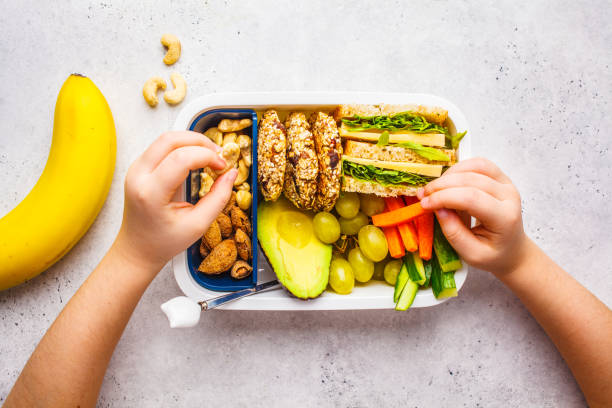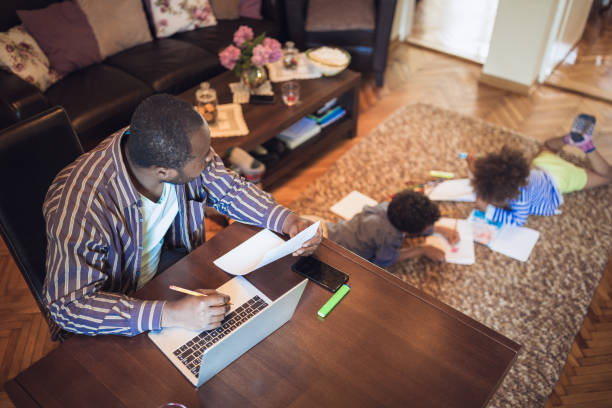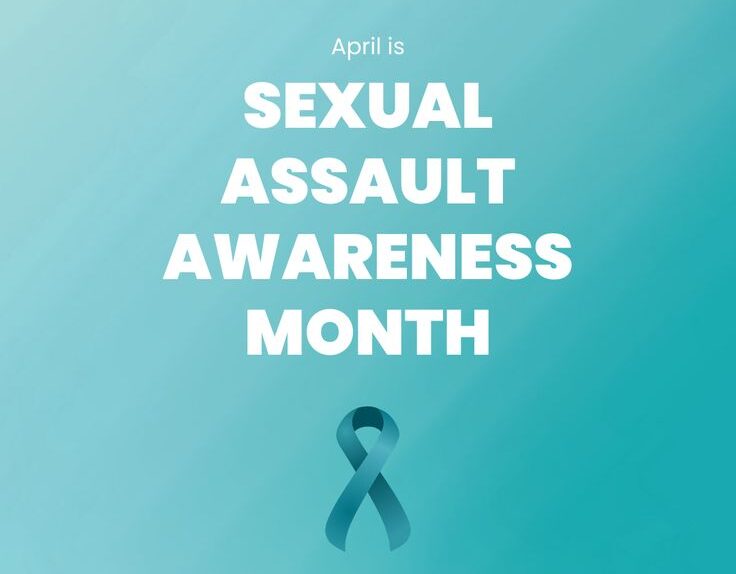WITH OPEN ARMS : Husband and Wife Team Give Back Initiative
Me, Myself and I is a road traveled by many. Rarely do people take time to lend a helping hand to those in need. For most of us, the government
Me, Myself and I is a road traveled by many. Rarely do people take time to lend a helping hand to those in need. For most of us, the government is our scapegoat for ‘abandoning’ its responsibility to the underprivileged. But what if in our small ways we could make a great difference? Margaret and her husband, Erick Munene, are the rare breed that not only asked the question but also went into action. They started by taking the proverbial first step and set rolling a project that is today realising dreams and transforming lives of many. Margaret retraced the long journey to MWAURA MUIGANA.
The genesis of Palmhouse Foundation is a good coincidence that started to happen many years back.
It is the product of dairy farming and the co-founder, Margret Munene Kimani, by coincidence was prepared for it right from a young age. Young Margaret picked the passion of dairy farming from her mother who always said that Margaret had green fingers like herself.
After completing her secondary education at Alliance Girls High School, Margaret enrolled for a degree in agriculture at the University of Nairobi and on graduation, did a Masters degree in crop protection at UK’s Berth University.
She returned home and worked for the Kenya Agricultural Research Institute (KARI) as a researcher in plant pathology for a number of years. Margaret and her husband, Erick Kimani, then a CEO of a local firm engaged in dairy farming by the side.
With the liberalization of the dairy industry in Kenya in 1992 they decided to go fully into dairy farming and in 1996 opened Palmhouse Dairies Limited, a milk-processing factory in rural Githunguri in Kiambu. Margaret resigned from her job to manage the new family business.
Many local farmers started supplying milk to the factory. Every so often, the farmers would request for a loan to pay school fees for their children.
Others would request them for contributions towards a child who had passed very well in her KCPE, admitted to a good school but her parents or guardians couldn’t afford the school fees. Margaret would give out money, often to about three people in a day, then share her concerns with her husband.
“We realised it was not just normal for a child of a farmer in the rural area to go to school. Ordinarily you can’t keep asking for help every so often. It was very touching and as a family we decided to do something sustainable and with an impact,” she explains how Palmhouse Foundation was begun from small beginnings, and registered in 2002.
They resolved to use some of the little profit the company was making to annually sponsor three bright children from poor families within their locality to secondary school.
To ensure sustainability of the project right from the word go, they set aside a Ksh 2.4 million fund to cater for the entire four-year secondary education for the three children.
To qualify for sponsorship, a child had to be bright and with good grades to enable him get admission to a national secondary school. Besides this, the child had to come from a poor background such that with no outside help they would drop out.
They announced this bursary in churches in Githunguri and invited potential candidates for interviews at the factory on a Sunday afternoon.
The turnout was phenomenal; a whooping 150 plus needy children turned up, majority of them meeting the criteria. If Palmhouse Dairy had the money they could have helped all of them.
One girl had passed and repeated KCPE three times hoping every time a good Samaritan would come her way, but in vain. She lay flat on the ground threatening suicide if she was left out of the windfall this time around. Her performance notwithstanding, Margaret reassured and picked her for bursary.
Margaret, a mother of three girls explains, “The need was so overwhelming that we took six children without any idea where to get some Ksh1.2 million for the extra three. We went around publicizing the education project to friends and requesting them to chip in for the three extra children. Apparently many people were very willing to help and within no time, the extra fee was raised.”
Encouraged by this gesture, the couple continued with their crusade among friends some of who indicated there were similar needs in their home areas. The idea to expand the project beyond Githunguri was considered.
The following year Margaret and her husband asked friends to identify a needy child in their respective home areas and ten students were picked for bursary.
Birth of the foundation…
With more friends chipping in, more children were going to benefit and there was need to formalize the project and make it a foundation. Some of these friends became trustees of the project.
Before they knew it, their small token had suddenly sprouted into a national outfit within two years! Palm House Foundation was formally registered while in its fourth year.
The Foundation has grown in reaps and bounds currently boasting 12 trustees mainly drawn from the eight provinces in the country, and a 12-member board of advisors all working on voluntary basis.
Currently there are 240 beneficiaries mainly in national and provincial secondary schools while 140 have completed secondary and joined university and colleges. Last year there were 71 and this year 60 beneficiaries respectively.
In total there have been 340 beneficiaries since the foundation started. To make it more involving the foundation today also takes students who have been admitted to provincial schools as long as they have scored a minimum of 380 marks.
In the third year of existence, the bursary encompassed the whole country. Nine Foundation centres were established in each province except the expansive Rift Valley that had two. The recruitment is currently conducted all over the country through these centres.
The Foundation entered a partnership with the Kenya Commercial Bank (KCB) in 2006 to sponsor some students and coordinate the recruitment. When KCPE results are out every year, they announce the dates and venues of interviews through an advertisement in newpapers.
KCB distributes the application forms through its countrywide branch network. The screening is very thorough to ensure there is no cheating and only deserving candidates benefit, most of who are orphans.
The sponsorship for a child is Ksh 200,000 per year. The foundation only pays for the child’s tuition while parents, guardians or villagers raise money for upkeep.
As Margaret puts it, “When you take a child away and provide everything, you deny other people like relatives, guardians and villagers the chance to be part of the child’s life. We want them to know they have a part to play in the child’s life and this is very practical. We appreciate that it’s often difficult for some parents and guardians to raise the bus fare to school for their children but it works very well for these children when they know back home their people are there for them. Unless it is extremely difficult which is very rare, we don’t come in.”
Power to read…
En route to their new high schools, successful candidates bond with each other, the trustees and sponsors at the All Saints Cathedral in Nairobi. After the bonding sessions those admitted in the same schools form a ‘family’ that helps them encourage each other in case of challenges in their new environment. After counseling, they are sent off to their respective schools.
“This bonding is vital especially for those attending the same school. The environment in a national school where majority of students come from well-up families can be very intimidating for these needy children. Having a ‘family’ helps them relate and console one another,” Margaret explains.
Mentoring…
The second key aspect of the foundation is mentoring of the needy children. Mentoring is equally, if not more, important than paying school fees for the kids according to Margaret.
“Paying school fees without giving mentorship to the children is zero work. Life is very challenging for needy children and hence they require a lot of encouragement. They need encouragement and mentoring so that they understand they too can ride above challenges,” she explains.
Immediately schools close, and before they leave for home, all the students in the programme attend a weekend mentoring retreat at Central Business School in Githunguri.
Accommodation is provided for them at a nearby secondary school. University beneficiaries also attend the mentoring retreat and cannot miss it for anything.
The first session is a day’s group mentoring by different highly placed professionals and people of social standing from all sectors, to provide role models for the children. The 12 trustees are part of the mentors. There are other professionals who talk to the children about various socials issues such as drug abuse and sex.
The second ‘one-to-one’ mentoring session digs into the issues that the students may be going through and their academic performance. The forth form boys and girls remain behind for a day of bonding with Margaret’s family on Sunday.
“We like them to feel at home in our home and that they can call us anytime in case of a problem or an issue,” says Margaret.
Sustaining the foundation…
After selection and sending off the students to schools, they embark on appeals for the following year’s sponsorship funds from individuals, corporate bodies like banks and business entities.
Margaret says this is usually very challenging but they eventually succeed. She says that working one-year in advance ensures the money is available before selection of KCPE beneficiaries.
Palmhousehas established and is building up on an endowment fund of Ksh100,000,000 to ensure sustainability of the project. Once fully established, the interest accrued from the fund alone will be able to take many children to school.
Majority of their students are absorbed in university and get the Higher Education Loans Board (HELB) loans while a few join colleges. For instance, last year all the 32 KCSE candidates passed and are joining local universities, except one who got a strong grade C and is set to join college.
Furthermore, Palmhouse connects needy students to organisations that help get sponsorship from universities. One such organisation, Zawadi Africa, has for two years in a row assisted two students to enroll in universities in the US.
Forging alliances…
In 2003 not many people were sponsoring needy children. Many have now emulated Palmhouse Foundation and are sponsoring children’s education, for instance KCB joined them in 2006 and this year went on their own using the foundation’s criteria of selecting needy children starting off with 100.
Nation Media Group has also sponsored kids through the Foundation for the last six years before going it alone. Margaret says her foundation is proud of this contribution that has seen more and more needy children get an education.
The foundation has received several awards for its contribution to the education sector. Last year during Jamhuri Day celebrations, Margaret and her husband received the presidential award of the Moran of the Elder of the Burning Spear (EBS) for their contribution in educating the poor in this country.
Testimony of a beneficiary…
Maria Mugure is a short 22-year-old girl but her height is nothing compared to her ability. The hidden determination and potential is always daring to burst out of the small body. She is an orphan whose mother died just before she sat for her KCPE, a few months after the death of her father. She almost dropped out of school but when an opportunity arose, she grabbed it like a hawk onto a fat toad. Currently, she is a third year student at Meredith University, in North Carolina in the US where she has remained firmly on the dean’s list (university’s list of students who are best performers in an academic year) for the last three years.
The university pays her school fees and she works at the institution for her upkeep and accommodation when she is not attending lectures and during holidays. Unbelievably, she is still able to save some of this little money, and sends it back home to her grandparents who are custodians of her two siblings. One of her younger siblings is in class eight and Maria sends money to buy paraffin and a few necessities to facilitate her do her homework and study.
And this amazing girl has for two consecutive years saved a little of themoney, shopped for a cheap air ticket and travelled back home during the holidays to see her siblings and aged grandparents. Maria’s life changed when she was literally picked from the depth of hopelessness by Palmhouse Foundation, a family initiative that provided free secondary education to three very needy and bright children annually. The foundation has since grown and supports many children.
Published in April 2012





